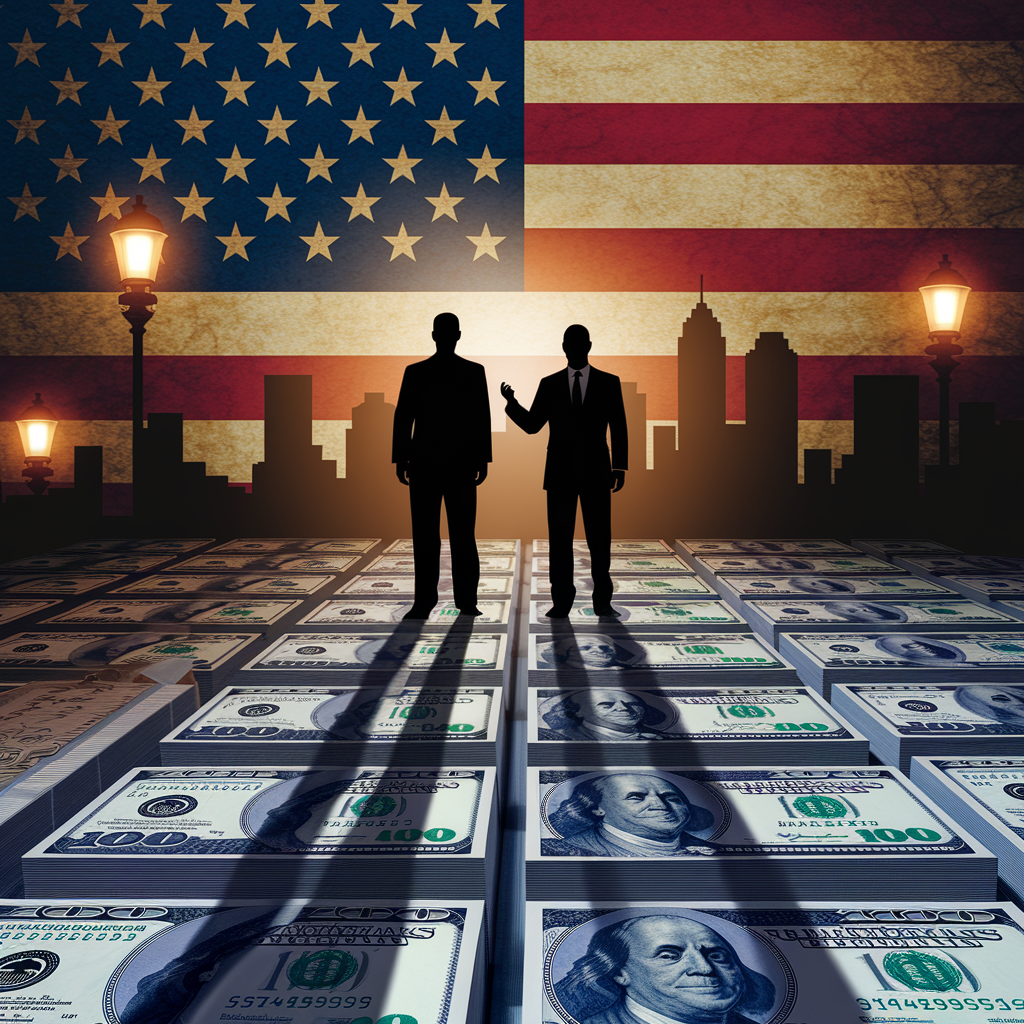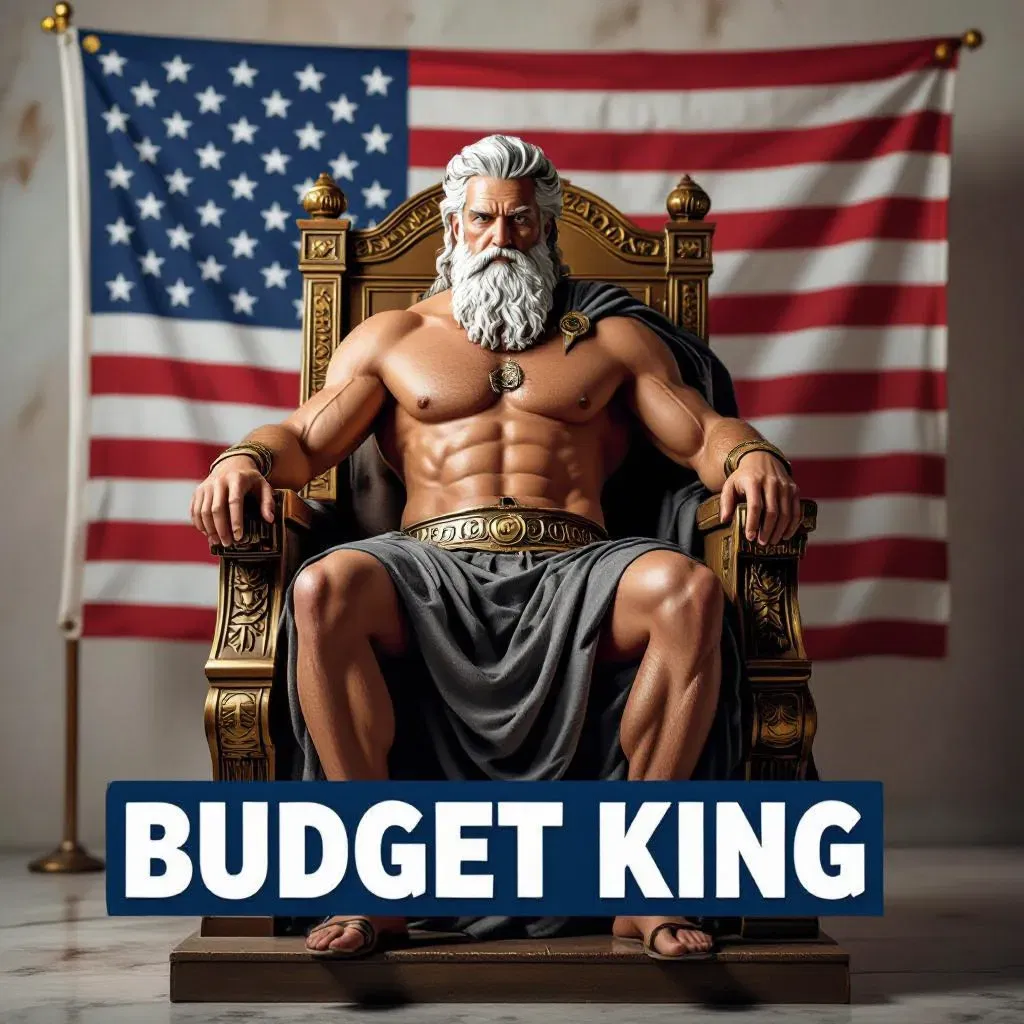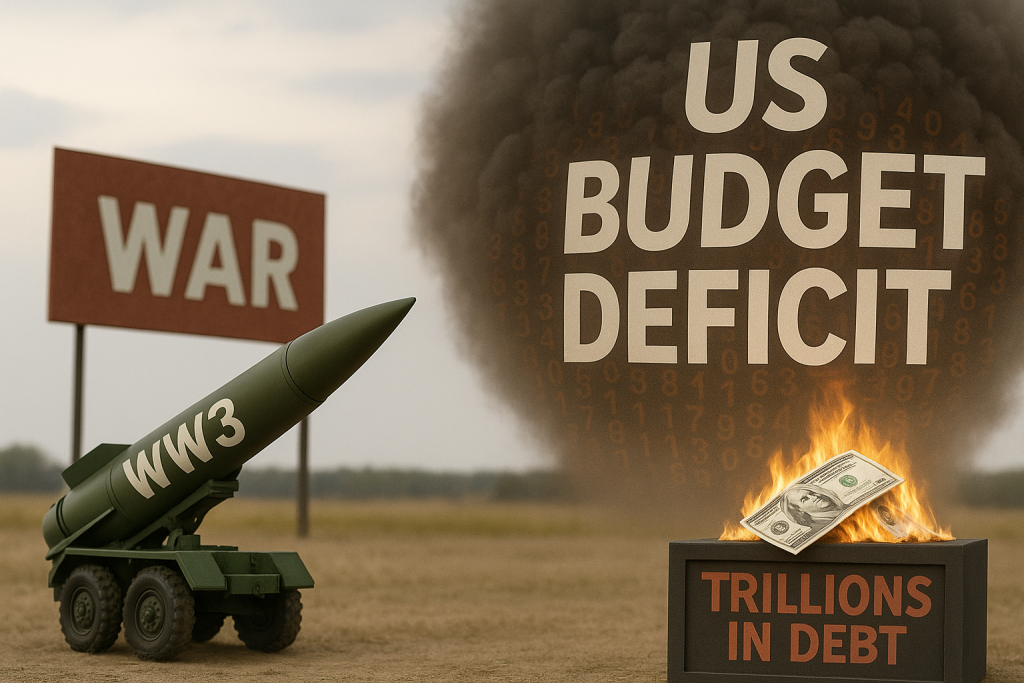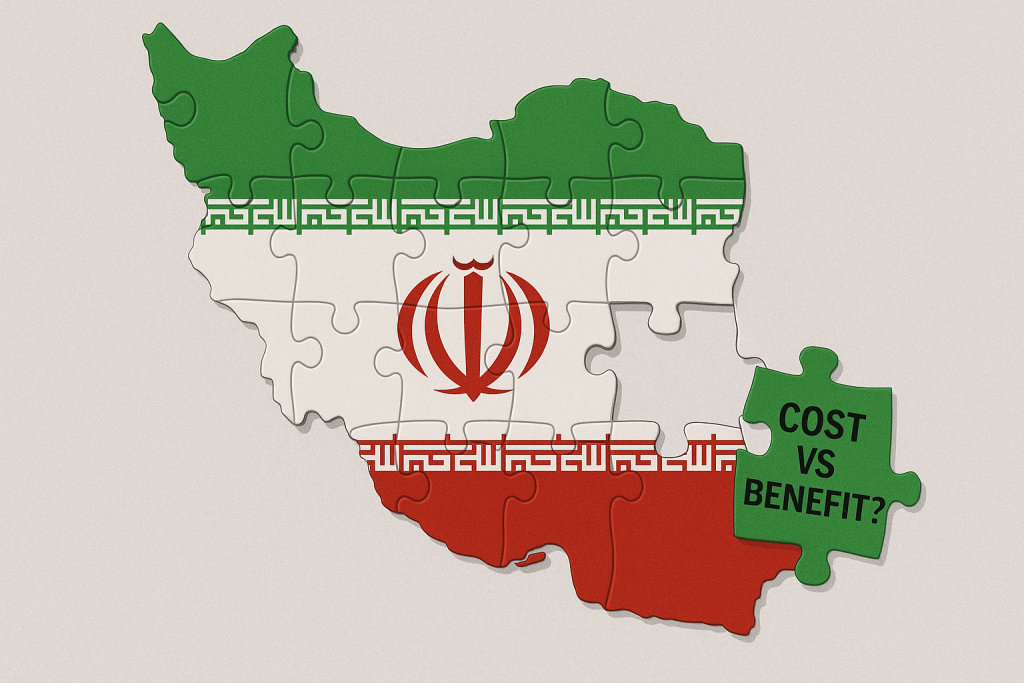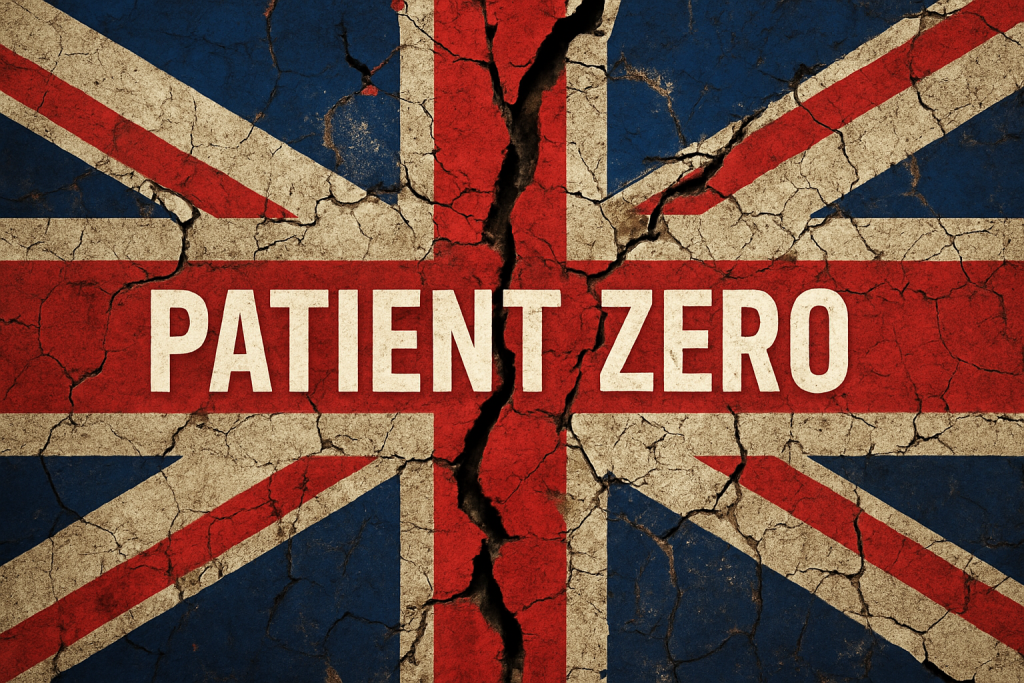Yesterday I wrote a comprehensive explanation of the extreme fiscal catastrophe that the US faces thanks to the federal government’s relentless spending addiction.
I wrote, for example, that the US national debt is now $33.6 trillion… and it has increased more than HALF A TRILLION DOLLARS just so far this MONTH. Astonishing.
And it’s a pretty safe bet that the US government will continue its wild spending spree.
I’m not being pessimistic when I say that. In the last fiscal year which just ended a few weeks ago, a whopping 83% of US tax revenue was spent JUST on Social Security/Medicare, the military, and interest on the national debt.
And spending on those three programs is probably not going down.
Does anyone honestly think that a majority of politicians in Congress will slash defense spending at a time like this? Or eliminate Social Security? Or default on the national debt?
Those three spending items can’t really be cut. In all likelihood they will INCREASE.
Given all the conflict in the world, US defense spending will probably grow. Social Security spending is already scheduled to increase according to the program’s own published forecasts.
And, considering how quickly the national debt is rising– coupled with higher interest rates– annual interest payments will skyrocket.
This means that spending on Social Security, military, and interest, will likely increase from 83% of tax revenue, to ONE HUNDRED PERCENT of tax revenue, over the next several years.
America will have to go into debt to fund everything else in the federal government, from Veteran’s Benefits to Homeland Security.
But don’t take my word for it. Even the Congressional Budget Office (CBO), which is a government agency of the United States Congress, agrees.
The CBO’s most recent 10-year forecast shows that mandatory entitlement spending (like Social Security) plus annual interest payments on the national debt, will EXCEED all US federal tax revenue by 2031. And that doesn’t even include defense spending!
This reality is only SEVEN YEARS AWAY.
Yet if that train wreck weren’t enough, remember that Social Security’s key trust fund will also run out of money two years later in 2033, according to the program’s most recent annual report. And bailing out Social Security will cost trillions of dollars just to get started.
So, just to be clear, the government’s own projections show that they will reach the fiscal point of no return in just seven years… and then require a multi-trillion dollar bailout of Social Security two years later.
Yet as grim as that timeline may be, these government forecasts also naively assume that there will be no major war, pandemic, or national emergency in the meantime. So in reality the doomsday may be much closer.
I’m not being dramatic or sensational. Again, I’m literally citing US government forecasts.
But is this cause for panic? Absolutely not.
Now, of course there will be major consequences.
For example, a lot of politicians will tragically find themselves out of work… but there won’t be any money available to pay them unemployment benefits. The government will shrink considerably, and legions of bureaucrats will have to find productive jobs in the private sector.
People who depend on government handouts will no longer have a generous sugar daddy to take care of them. Bankrupt state governments won’t be able to rely on federal bailouts anymore and will have to start acting responsibly.
Clearly a lot of these consequences will be good.
But at the same time, it’s important to acknowledge that millions of unsuspecting people will have their lives turned upside down from the negative consequences.
Social Security is in serious trouble; 50+ million people are at risk of having their benefits slashed by 2033.
There’s also a very high likelihood that the Federal Reserve will start cutting interest rates and printing money again in order to bail out the federal government… thus creating a LOT more inflation.
Taxes will almost certainly rise. Crime could definitely increase, especially petty theft and robbery. And business conditions could be a lot more difficult; it will be harder to raise capital, harder to borrow, and harder to sell, causing a number of companies to either fail, or to never be started in the first place.
There are definitely serious, serious consequences ahead. But it’s important to keep a level head: the United States is not going to fall into the ocean and cease to exist.
Even under much more difficult conditions, the United States will still have a massive, diversified economy and extraordinary talent pool. The brilliant entrepreneurs, engineers, and professionals across America won’t suddenly become dumber just because the currency loses value, or because the Department of Commerce is eliminated.
There will always be substantial opportunity for talented, independent-minded people to become successful. And this has been the case for virtually all of human history.
Nations and empires have been going broke for thousands of years. Currencies have been debauched for just as long.
But people who understood these risks have typically been able to position themselves for success… and to mitigate the risks in their own lives.
Today this is even easier to do. And that’s really what’s at the core of having a Plan B.
The idea of a Plan B is to form a rational view of obvious risks, and then take sensible steps to reduce their impact… or even benefit from them.
For example, if Social Security forecasts running out of money by 2033, it makes sense to spend the next several years setting aside more money for retirement in the most flexible and robust structure you can establish.
Fortunately, such structures exist– like a solo 401(k).
If it’s a near certainty that taxes will rise, there are plenty of legal ways to reduce what you owe. And you can use the tax savings to set aside more money for your retirement, which feeds back into the suggestion above.
If crime rates spike and civil disturbances become more frequent, it makes sense to consider having another place to go for you and your family to be safe. That might be somewhere overseas in a country where you enjoy visiting and your kids could pick up foreign language proficiency.
It might even be a place where you could one day become eligible to apply for a second passport, creating a lifetime of benefit and flexibility for your entire family.
If the value of the US dollar is going to decline… and the rest of the world seems likely to find a replacement as the dominant reserve currency… it makes sense to find alternative assets that can hold their value over time.
Having a Plan B isn’t about doom and gloom pessimism. It’s a completely rational way to approach the obvious problems in the world… while acknowledging that there’s still tremendous opportunity ahead.


